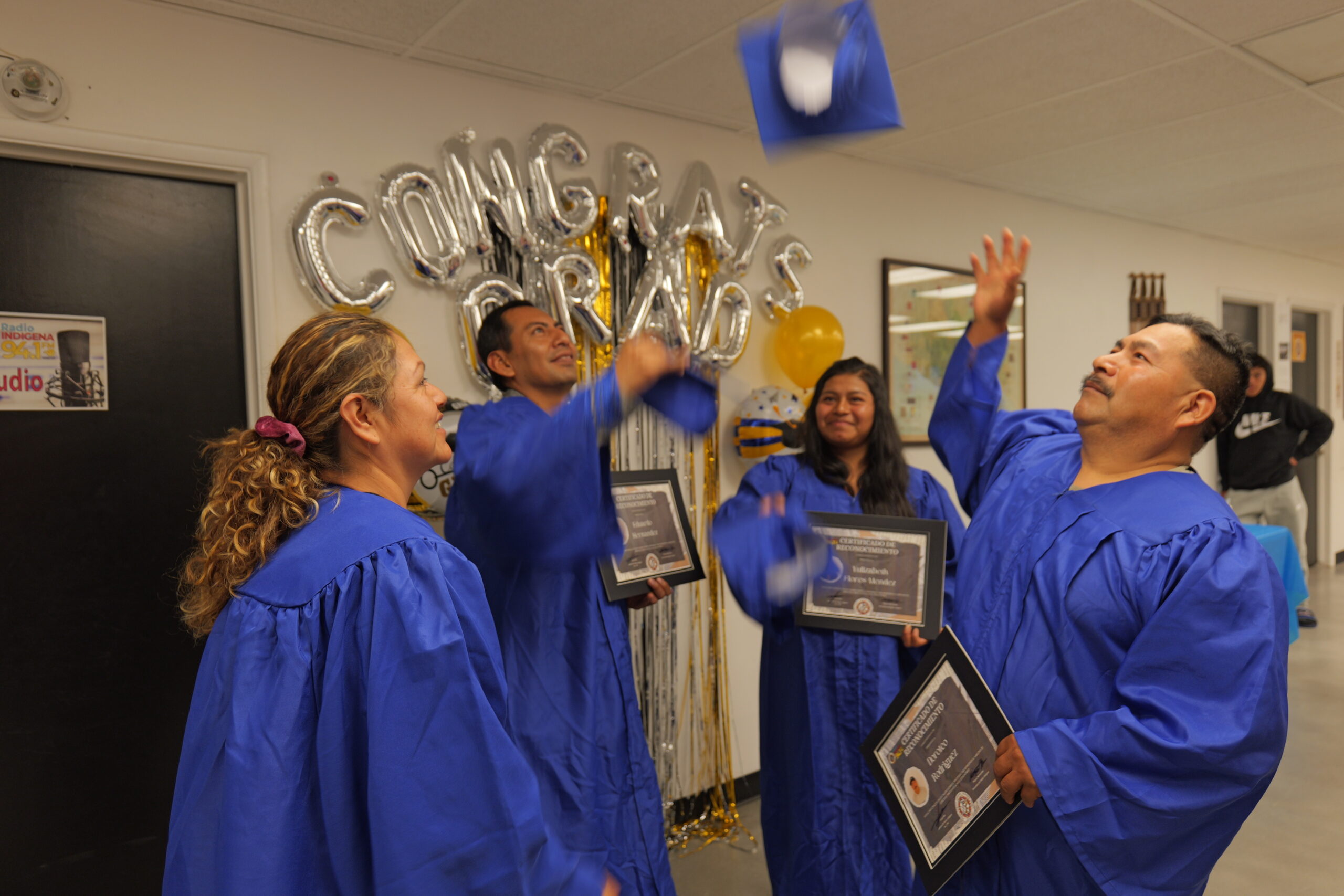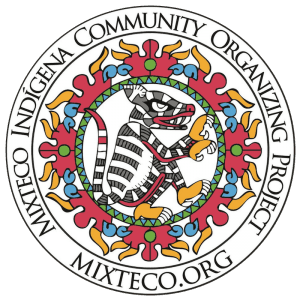Voices from the Community

(Listen to our audio in Spanish and Mixteco)
By: Miguel Hernandez
The Mixteco Indigena Community Organizing Project’s Radio Indígena journalism program held journalism workshops for the community on what community journalism is and the importance of capturing community stories. Members of the Mixtec and Zapotec communities wrote stories that were relevant to them and important to the community they belonged to.
These stories ranged from stories of domestic violence abuse to stories about the barriers in our society that make Indigenous communities more likely to be arrested for driving under the influence. These workshops were held with the intention of drawing more attention to the problems of the indigenous community that are commonly ignored, mainly by the mass media. Another goal of these workshops is also to plant the seed for community members to write their own stories and become community journalists.
The graduates were directed by Radio Indígena journalist Miguel Hernandez, with help from Ventura County journalist Omar Reyes, and edited by Jorge Ríos.
Through the journalism workshops, the issue that stood out the most was how the majority of community members had the same feelings in common, thinking that they were not good writers or not know how to express themselves. Although many admitted to not having a higher education for economic or systematic reasons, many felt excited and comfortable to share their stories with the world, as they felt there was much the Anglo-Saxon world did not know about them.
The fear and intimidation that many share about writing their stories or the stories of others goes back a long time. It comes from writers of color being excluded from literary spaces. A New York Times article reported how 72.5 percent of books published in 2023 were by white writers.
This shows the racial barriers that exist in literature that exclude communities of color and omit immigrant narratives in American literature. However, through the journalism workshops, the five graduates fought against these legacies by writing about the stories and experiences of their community in order to publish them and make them known to the world.
